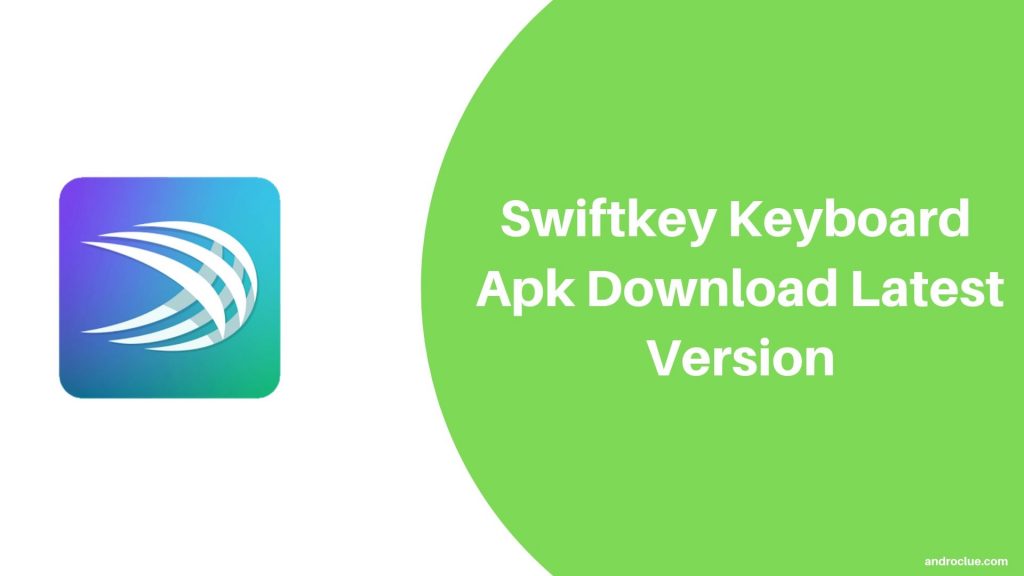
Windows reporting stalwart Mary Jo Foley couldn’t wheedle any reasons behind the move from a Microsoft spokesperson. The shallower integration of SwiftKey with iOS might be one of the telltale signs of why Microsoft, who bought out SwiftKey in 2016, decided to withdraw this app from iOS devices. However, Apple never allowed proper full-integration of third-party keyboards, and thus SwiftKey iOS felt restricted compared to the Android version, with users thrown back to the minimal Apple keyboard when entering security sensitive and some other OS dialogs. I have the Samsung keyboard too in this phone and it doesn’t cause this issue in Obsidian, so something about the way Swiftkey does its autocomplete isn’t playing ball with Obsidian.When Apple opened iOS up to third-party keyboards in 2014 (with iOS 8) I remember I quickly installed SwiftKey on my iPad to benefit from the same predictive library that had been built up on my Android smartphone, and bring a slick swiping text input method to iOS. It also doesn’t happen in the file name - only in the actual editor. I’ve been using this keyboard since way back in the day when before Microsoft owned it, and I’ve never seen this issue in any other app (Discord, Slack, any other note taking tool). The only way I can type in Thai is to type every letter and not use the autocomplete. The only way I can get rid of it is to try to select it and then “cut” (backspace won’t clear it). I can’t delete it, and it causes the keyboard and cursor behaviour to mess up. Pasting that text anywhere other than Obsidian seems fine, here it is: สวัสดีครับ It also sometimes automatically selects it and gives me the option to cut/copy/paste.


If I use autocomplete when typing in Thai, the zero width space character (\u200b) appears after the word (a little red dot).


 0 kommentar(er)
0 kommentar(er)
